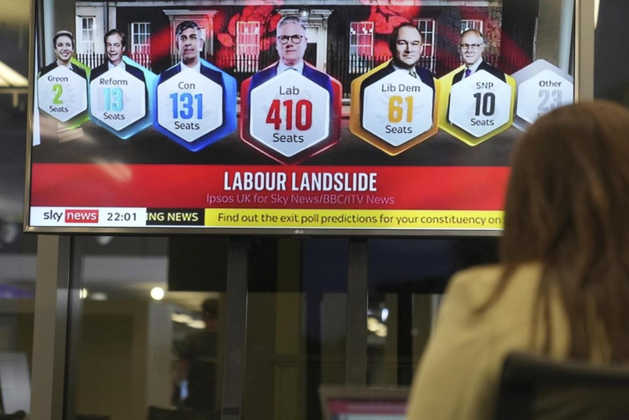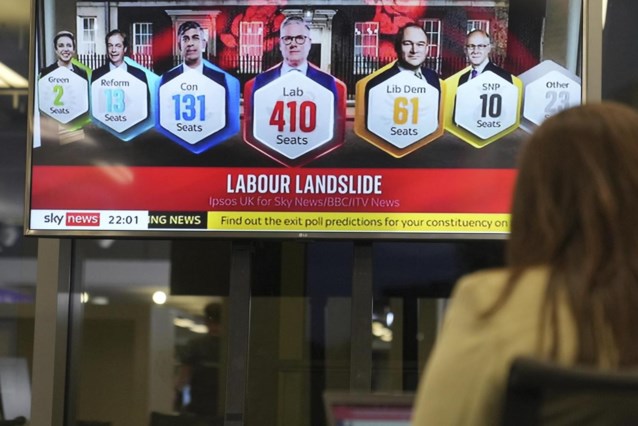introduction
A society thrives when it is able to choose the best administrators to lead the community. And in all countries that are moving forward, there is a system of national proportionality. In Suriname, illiterate people have a greater voice power than people with development. It says everything about the level of our politicians.
People all over the world are making progress, but Suriname is experiencing setbacks. This is not due to a lack of financial resources, let alone a lack of natural resources. But for lack of sense, and morality and ethics. In anticipation of the 1987 electoral system, the division of districts was changed.
The electoral system based on regional expansion has only one goal, namely corruption, manipulation, and the seizure of political power by all means. Any district-based electoral system is by definition undemocratic because seats are allocated to districts that violate democratic principles. The principle is based on “one person, one vote, one value”, each vote is equal in value and weight. And this is not the case with the pemekaran of districts, as seats are legally allocated to the districts in advance in excess of their entitlements on the basis of national proportionality.
This is an election not for the district parliament but for the national parliament. Voters anywhere in Suriname must be able to elect their leader from among all the people in the Suriname region and their choice must not be limited to the choice of the district in which they reside. The universal rights of the people of Suriname cannot be underestimated.
We know what works and what doesn’t. Therefore, changes to the electoral system cannot be carried out by DNA, there the products of this destructive system will speak of any changes. They become patches. Therefore, amendments to the electoral system must be communicated to the public, as they were approved by the Constitution and the electoral system through a referendum in 1987.
A new district division was passed through a referendum in 1987 with the promise of changes to the Constitution and the electoral system, the changes never materialized. That’s why we’re in the dirt.
What is the rationale for the division of a new district?
Why are Wanica district boundaries so irrational? District boundaries have not been determined on the basis of rational considerations, ie not on the basis of management considerations, or on the basis of arguments relevant to development. Therefore, it is time to revisit the division of districts.
If political parties do not reach their election quotas, they will not get seats. At best, you will qualify for a leftover seat. Then why do regions such as Coronie and Brokopondo that do not achieve their election quotas based on national proportionality still receive seat allocations? It is pure favoritism, fraud and corruption. Rounding off for constituents gives the district an advantage. And taking sides is against the principle of democracy, one person, one vote, one value and is not fair and in line with what is generally accepted by the Constitutional Court’s decision. If from the rounding results, Coronie and Brokopondo all get seats, then it is an advantage because the area is entitled to zero seats. The old district system aims at ethnic benefits and perhaps the new district system will also generate ethnic benefits.
The district electoral system is by definition unfair and undemocratic
In a healthy democracy, the electoral system should give voters the opportunity to elect a healthy administrator. The options should not be limited in any way. This concerns the national election for the national parliament and not the district election for the district parliament ergo the district system as we know it is unfair and also not allowed by law see constitutional court decision. How good the administrators since the introduction of this electoral system in 1987 despite the wide access to financial and natural resources.
The district system in which the number of seats per district is periodically harmonized before elections with the number of seats the relevant district should receive on the basis of national proportionality is also unfair and unjust and inconsistent with the Constitution’s rulings. Court. The consequence in this case is that the number of eligible voters per district is calculated prior to the election and that, after calculations based on national proportionality, the seats the district should have received, a correction to the district number of seats may occur. This process takes place regularly in the United States and in the United Kingdom. However, it cannot prevent the election of a president, especially Trump with fewer votes than the opposing candidate, it shows the injustice, injustice and inefficiency of the district system.
Anyone who wants to help underdeveloped regions reduce deprivation must do so through socioeconomic policies, not through the electoral system.
Richard B Kalloe

“Hipster-friendly creator. Music guru. Proud student. Bacon buff. Avid web lover. Social media specialist. Gamer.”







